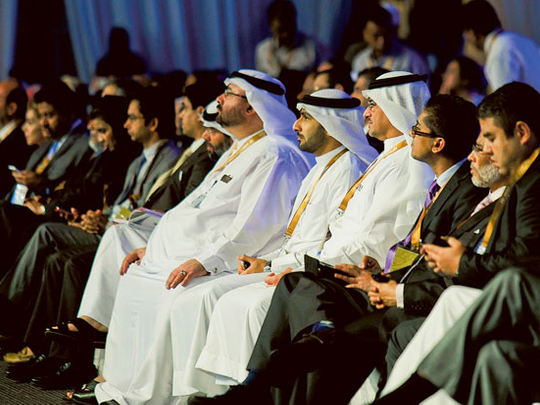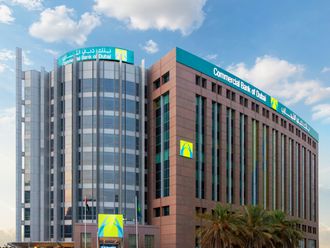
Dubai: Malaysia plans to start a fully compliant Sharia retirement fund in a few years, as it seek to diversify from conventional funds to meet surging demand, the chief executive of Malaysia’s Employee Provident Fund said on Wednesday.
Malaysia, whose EPF is the seventh largest pension fund, has $200 billion (Dh734 billion) in its fund from 14 million workers, which gives inflation adjusted returns. About 40 per cent of the assets are Sharia compliant, making it the largest institutional fund in the world in that sector.
The EPF expects to have an equal share of Sharia compliant funds and assets in the conventional funds in a few years.
“The EPF has been investing in Sharia assets for a very long time. But from the last few years, we decided that this will be a major focus for us from the point of view of demand,” said Datuk Shahril Ridza Ridzuan, chief executive of the Employees Provident Fund, of Malaysia. Half of 14 million workers are Muslims, who are increasingly demanding Sharia compliant assets.
“We have plans to create a fully Sharia compliant funds from a few years from now,” said Ridzuan. The company has most of its Sharia compliant assets in equities.
“This will help other countries like Indonesia and other mutual countries, who are also planning to set up similar schemes. This will become the growth area for institutional Islamic funds in the future,” Ridzuan said.
The EPF aims to become a $350 billion strong pension fund by 2022, growing at a compounded rate of 10 per cent annually due to contribution of new funds and also due to re-investment.
The fund also plans to increase the allocation to global markets to 30 per cent in a few years from 23 per cent now.
Long way to go
Islamic funds contribute to 1 per cent of the funds compared to 23 per cent of the world population.
“We have a long long way to go to put in a system that provides for retirement of Muslims,” said Talal Yassone OAM, managing director of Crescent Wealth, Commonwealth of Australia.
About 300 pension funds manage about $15 trillion globally.
Islamic funds, which have a few disadvantages, should try to play a catch up with the sukuks in terms of value.
“Most of the Islamic funds are domiciled in the closed capital markets, so we are not able to buy them. In the GCC, most of the funds are locally biased,” Thomas Polson, chief executive officer of Co-founder of Falah Capital in the United States.










